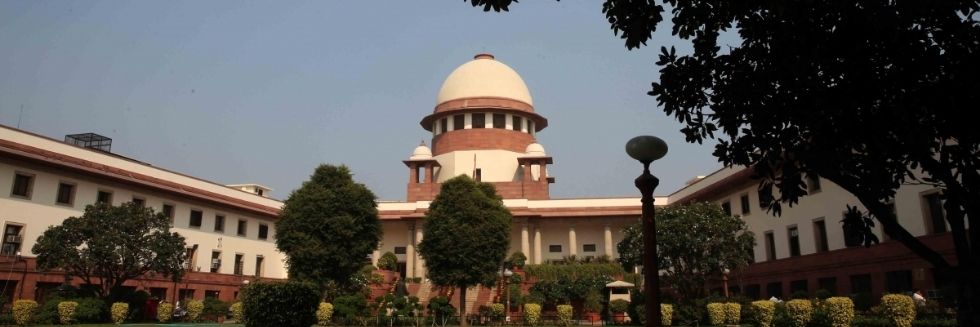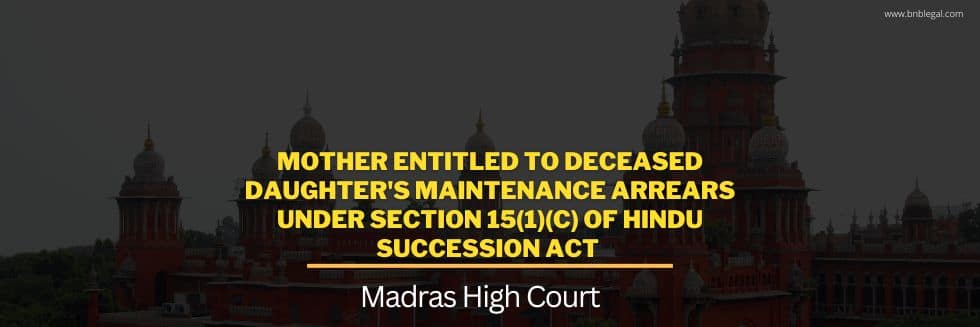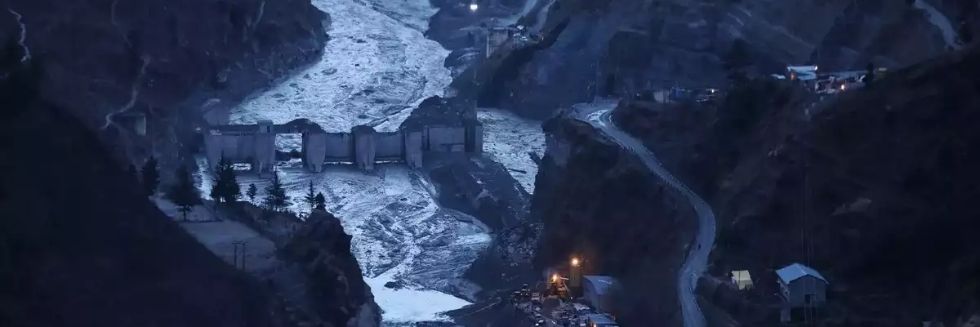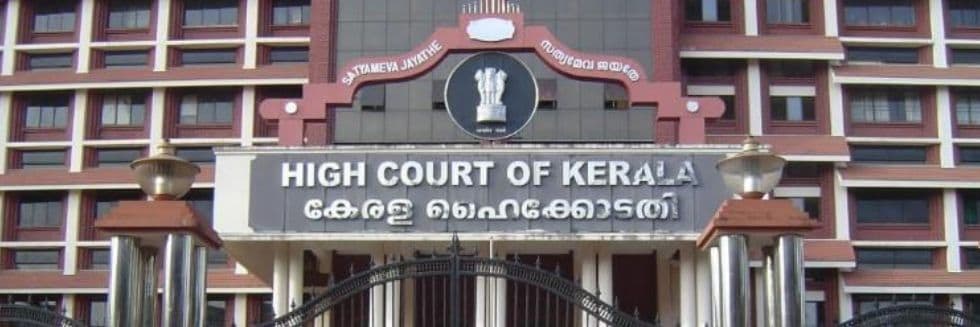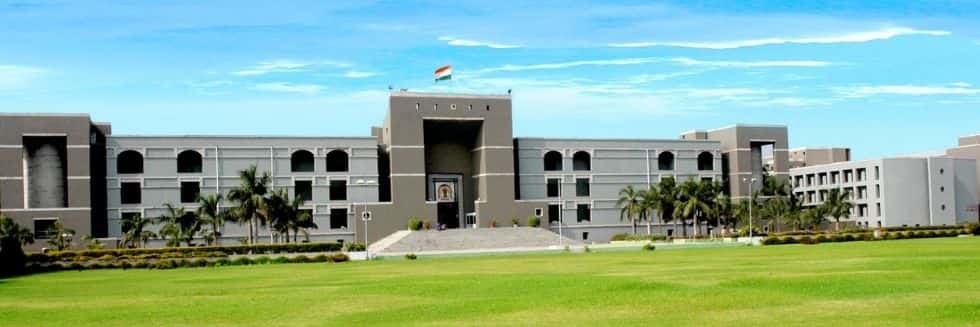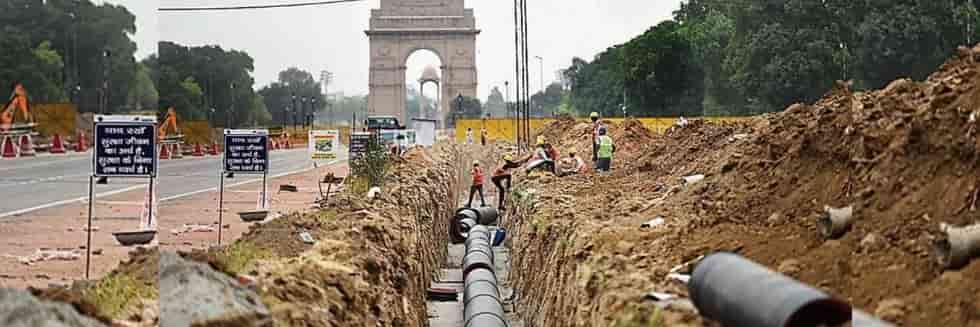Supreme Court upheld the notification issued under the National Highways Act 1956 in connection to the acquisition of land for the construction of the eight-lane Chennai-Krishnagiri-Salem national highway. The bench dismissed the appeal of land-owners challenging the acquisition of their land for the highway project.
The bench observed that the Centre is fully competent to notify any land (not necessarily an existing road/highway) for acquisition for the construction of a national highway.
The bench comprising Justice A M Khanwilkar, Justice Krishna Murari, and Justice B R Gavai stated that the Centre and NHAI may acquire land for the construction of the highway. The ambitious Rs 10,000-crore project, Chennai-Krishnagiri-Salem is a 277.3-km-long eight-lane greenfield project is aimed at cutting the travel time between Chennai and Salem to half.
Three judge bench heard the batch of pleas filed by Centre, NHAI, some land-owners, and few PMK leaders. The petitions were filed against the Madras High Court order of April 8, 2019, which held that the notification issued under Section 3A(1) of the National Highways Act ‘illegal and bad in law and quashed the notification.
“There is nothing in the Constitution which constricts the power of Parliament to make a law for declaring any stretch/section within the State not being a road or an existing highway, to be a national highway. Provisions in the Constitution unambiguously indicate that the legislative as well as executive power regarding all matters concerning and connected with a highway to be designated as a national highway, vests in Parliament, and the laws to be made by it in that regard. For the same reason, the complete executive power also vests within the Union,” the court said.
The court ruled, “The Central government is free to construct/build anew national highway keeping in mind the obligations it has to discharge under Part IV of the Constitution for securing a social order and promotion of welfare of the people in the concerned region, to provide them adequate means of livelihood, distribute material resources as best to subserve the common good, create new opportunities, so as to empower the people of that area including provisioning new economic opportunities in the area through which the national highway would pass and the country’s economy as a whole.”
The apex court bench further observed that the availability of a highway in any part of the State paves way for sustainable development and for overall enhancement of human well-being, including to facilitate the inhabitants there to enjoy a decent quality of life, creation of assets (due to natural increase in the market value of their properties) and to fulfill their aspirations of good life by provisioning access to newer and present-day opportunities.
